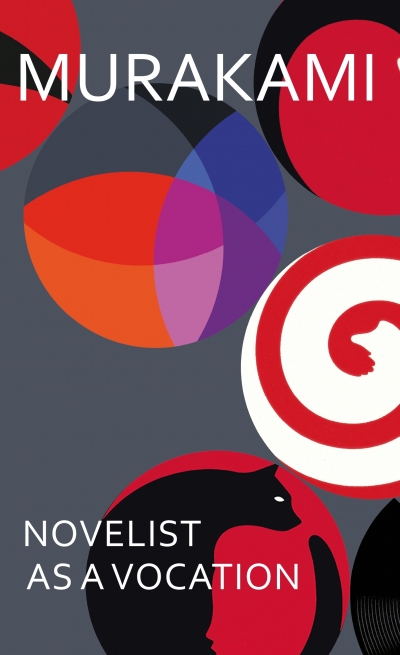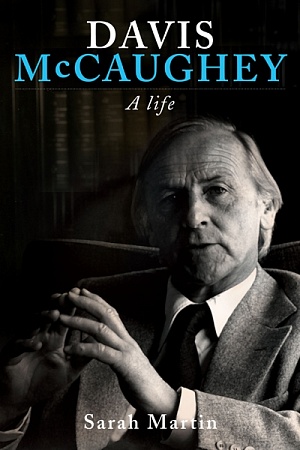Providence Lost
Harvard University Press, $59.95 hb, 369 pp
Lost providence
Providence, understood as God’s governance and care of the world, has an important place in religion. Church leaders speak of it with a view to giving comfort in adversity, especially when there has been large-scale loss of life, as in terrorist attacks or earthquakes. There is often some defensiveness in this appeal to providence because of the tension between belief in a loving and all-powerful God and the occurrence of what could be seen as preventable evil. Genevieve Lloyd – the first female professor of philosophy appointed in Australia, now retired – discusses providence in Christian belief, especially in considering Augustine’s thoughts, in late antiquity, on divine justice and the ‘ordering’ of evil, and Leibniz’s bold attempt, in early modernity, to reconcile divine providence with evil, and freedom with necessity, in ‘the best of all possible worlds’. There is attention, too, to Voltaire’s sharp critique of facile optimism, and to Hume’s sceptical probing of what can be known with certainty in these matters. More generally, Providence Lost explores the long tradition of philosophical inquiry, from the Greek tragedians to modern times, that gave rise to a range of different conceptions of providence in the context of human freedom, necessity, fate and fortune.
Continue reading for only $2.50 per week. Subscribe and gain full access to Australian Book Review. Already a subscriber? Sign in. If you need assistance, feel free to contact us.










Leave a comment
If you are an ABR subscriber, you will need to sign in to post a comment.
If you have forgotten your sign in details, or if you receive an error message when trying to submit your comment, please email your comment (and the name of the article to which it relates) to ABR Comments. We will review your comment and, subject to approval, we will post it under your name.
Please note that all comments must be approved by ABR and comply with our Terms & Conditions.